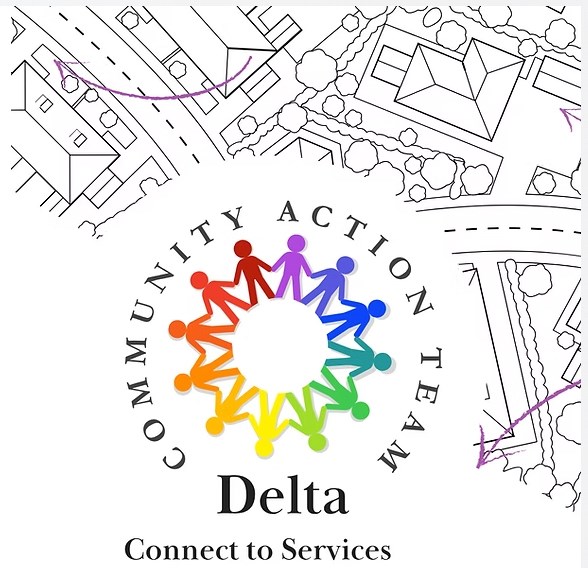In an era where digital connections often mask true social disconnection, Delta’s community leaders have united to combat what health experts increasingly recognize as a silent epidemic. Project Connect, launched this week through a collaborative effort between the Delta Division of Family Practice, City of Delta, and Fraser Health, aims to tackle social isolation through an innovative community-based approach that could transform how we address mental wellbeing in Canadian communities.
“Social isolation is as detrimental to health as smoking 15 cigarettes a day,” explained Dr. Cynthia Warren, lead physician advocate with the Delta Division of Family Practice. “What makes Project Connect unique is that we’re not just treating symptoms – we’re rebuilding community connections that prevent isolation before it leads to serious health consequences.”
The initiative emerged from alarming findings in recent community health assessments that showed nearly 30% of Delta residents report feeling socially disconnected, with seniors and newcomers particularly vulnerable. This disconnect manifests in tangible health outcomes – higher rates of depression, cardiovascular issues, and cognitive decline among the socially isolated.
Project Connect‘s multifaceted approach includes neighborhood connection hubs at community centers, a “Connect Prescription” program allowing healthcare providers to refer patients to social activities, and trained community navigators who help individuals find meaningful engagement opportunities tailored to their interests and needs.
Mayor George Harvie, speaking at the launch event at Sungod Recreation Centre, emphasized the economic dimension. “Every dollar invested in combating social isolation saves our healthcare system approximately $3.50 in long-term costs. This isn’t just compassionate community-building – it’s fiscally responsible governance.”
The program will initially focus on three Delta neighborhoods with particularly high vulnerability indexes before expanding citywide next year. Fraser Health has committed $1.2 million in funding over three years, with additional support from provincial mental health initiatives and private donors.
What distinguishes Project Connect from similar wellness programs is its comprehensive integration into existing systems. “We’re not creating a separate program that operates in isolation,” explained Maria Chen, community integration specialist with Fraser Health. “We’re building connections between healthcare, municipal services, volunteer organizations, and residents themselves – creating a true ecosystem of support.”
Early pilot data from similar initiatives in British Columbia communities shows promising results: participants reported a 42% decrease in feelings of loneliness and a 37% reduction in depression symptoms after six months of engagement with connection-focused programming.
For resident Eleanor Mackenzie, 76, the initiative offers practical hope. “After my husband passed, my world shrank overnight. My doctor kept treating my depression with medication, but what I really needed was purpose and people. This program finally addresses what many of us actually need – meaningful human connection.”
As communities across Canada News grapple with post-pandemic isolation and mental health challenges, Delta’s Project Connect could provide a blueprint for how integrated community approaches might succeed where traditional medical interventions alone have struggled.
The crucial question facing Delta residents and health planners alike: Can intentionally rebuilding social fabric succeed where individualized treatment approaches have fallen short, and if so, how quickly can such community-based models be scaled to address what many now consider our most pressing public health crisis?

























